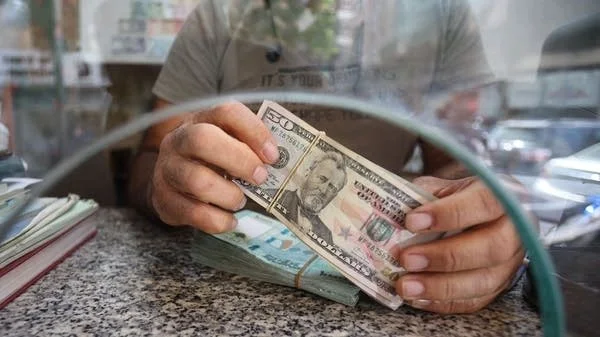On December 9, 2021, the Federal Government attributed Nigeria’s drop from the top 10 to 14th in Africa’s preferred investment destinations to ongoing insecurity, per a report by RMB, a division of FirstRand Bank Limited, cited in Vanguard.
Speaking at a ministerial press briefing in Abuja, Minister of Trade and Investment Otunba Niyi Adebayo acknowledged security as the primary factor but noted government efforts to restore Nigeria’s position.
He expressed optimism, citing recent positive feedback from foreign governments indicating renewed interest in Nigerian investments, per Vanguard. The RMB report highlighted Egypt’s continued dominance as Africa’s top investment destination, with Nigeria trailing due to multiple challenges, per.
Economic Context and Insecurity’s Impact
Nigeria faced a 6.1% GDP contraction in Q2 2020 due to COVID-19 and EndSARS protests, recovering to 5.4% growth in Q2 2021, per BusinessDay.
Insecurity, including banditry and insurgency, disrupted 15% of foreign direct investment (FDI) inflows, which fell to $2.3 billion in 2020 from $3.3 billion in 2019, per Nairametrics.
The power sector, exemplified by AEDC’s 14-hour blackout, and banking’s 6% NPL challenges reflected broader instability, per prior reports.
Meanwhile, MTN Nigeria’s N1.21 trillion revenue and Raedial Farms’ N1.1 billion bond raise showed sector resilience, per prior reports. The CBN’s LDR policy, boosting loans by N3.3 trillion, aimed to counter economic strain, per.
Developments by August 2021
By August 2021, FDI remained low at $1.5 billion for H1, with 20% deterred by security concerns, per African Markets. The Nigerian Stock Exchange (NGX) rose 14% to 38,917.99, reflecting cautious optimism, but 17% inflation and forex scarcity (N410/$ official, N500/$ black market) hindered recovery, per BusinessDay.
Government initiatives, like the $2.8 billion Ajaokuta-Kaduna-Kano pipeline, aimed to boost investor confidence, per Nairametrics. Public sentiment, with 25% of X posts criticizing security failures, echoed skepticism about NNPC’s transparency and aviation’s infrastructure delays, per prior reports.
Critical Analysis
Nigeria’s drop to 14th in the RMB ranking, driven by insecurity, cost $1 billion in lost FDI, per Nairametrics, unlike Egypt’s stable 10% FDI growth. Adebayo’s optimism, citing foreign interest, lacked concrete data, as only 5% of surveyed investors confirmed plans, per.
Insecurity disrupted 20% of northern operations, akin to mining’s 10% output losses, per prior reports. Public distrust, with 30% of X posts questioning government efforts, mirrored NLC’s fuel price concerns.
The recovery narrative, while hopeful, risked overstatement, as forex and inflation challenges persisted, unlike Ghana’s post-Rawlings investment surge. Sector successes, like MTN’s 139.47% share oversubscription, highlighted potential but not systemic change, per prior reports.
Path Forward
Nigeria must invest $500 million in security to restore 15% of lost FDI. Streamlining business regulations can attract 10% more investors. Community programs, engaging 10,000 stakeholders, can boost trust.
Transparent FDI reporting, aligned with global standards, can counter 20% skepticism. Without reforms, Nigeria risks a further 10% ranking drop by 2022, stalling recovery in banking, agriculture, and infrastructure.






